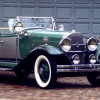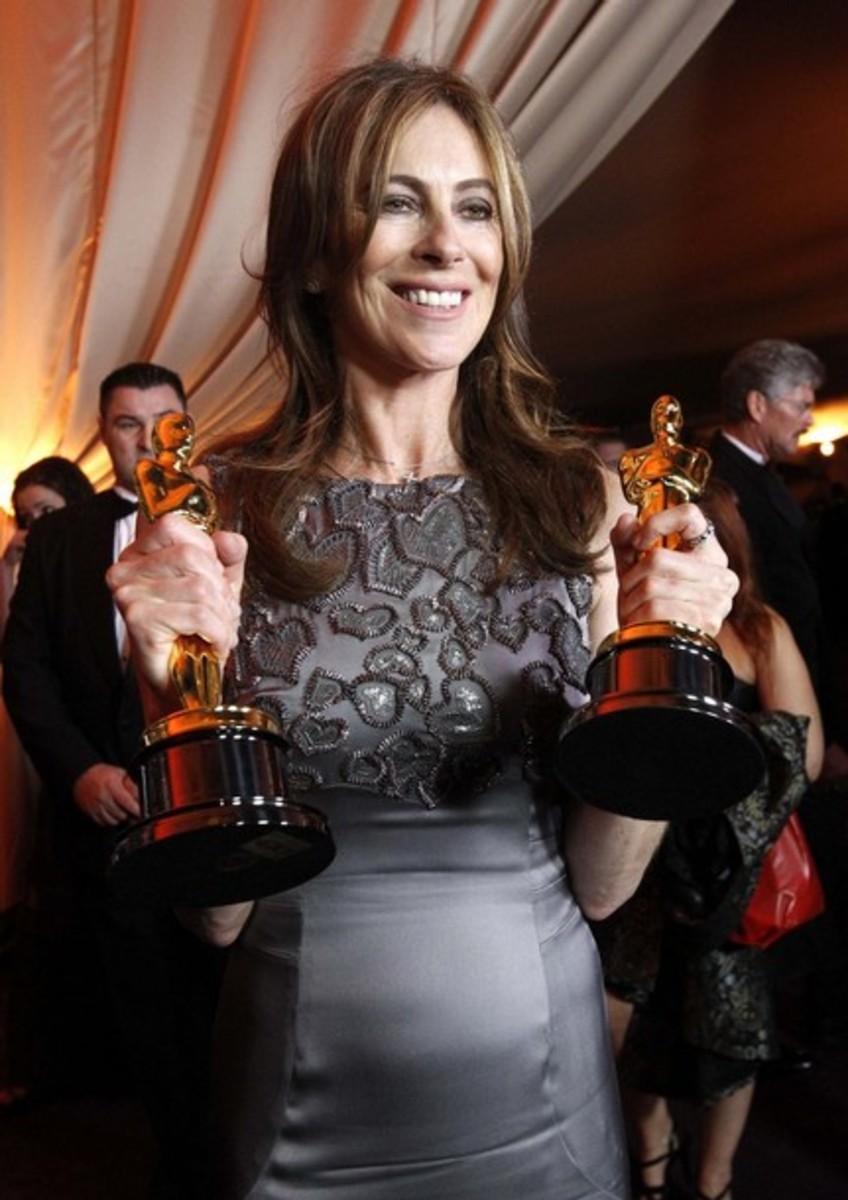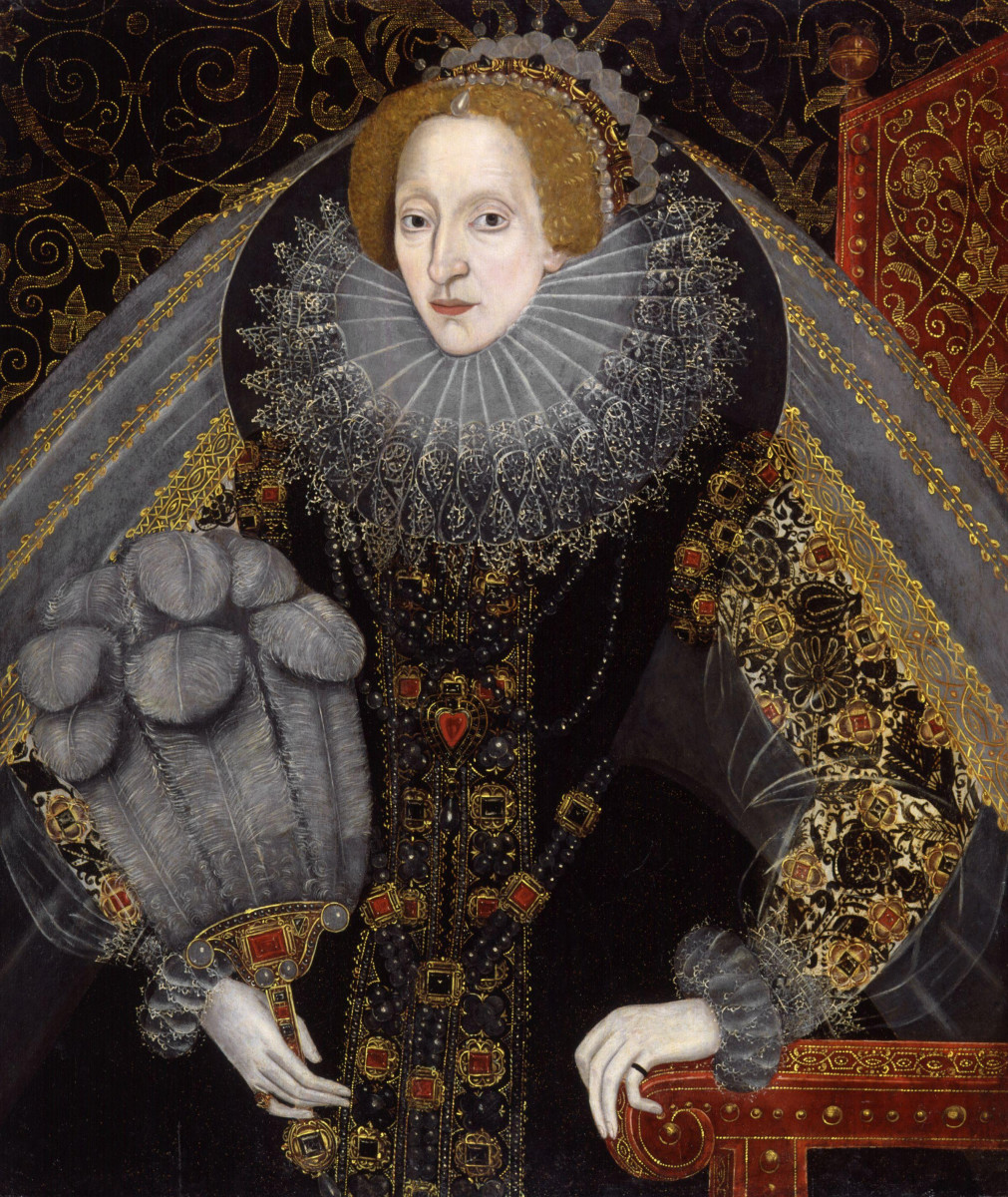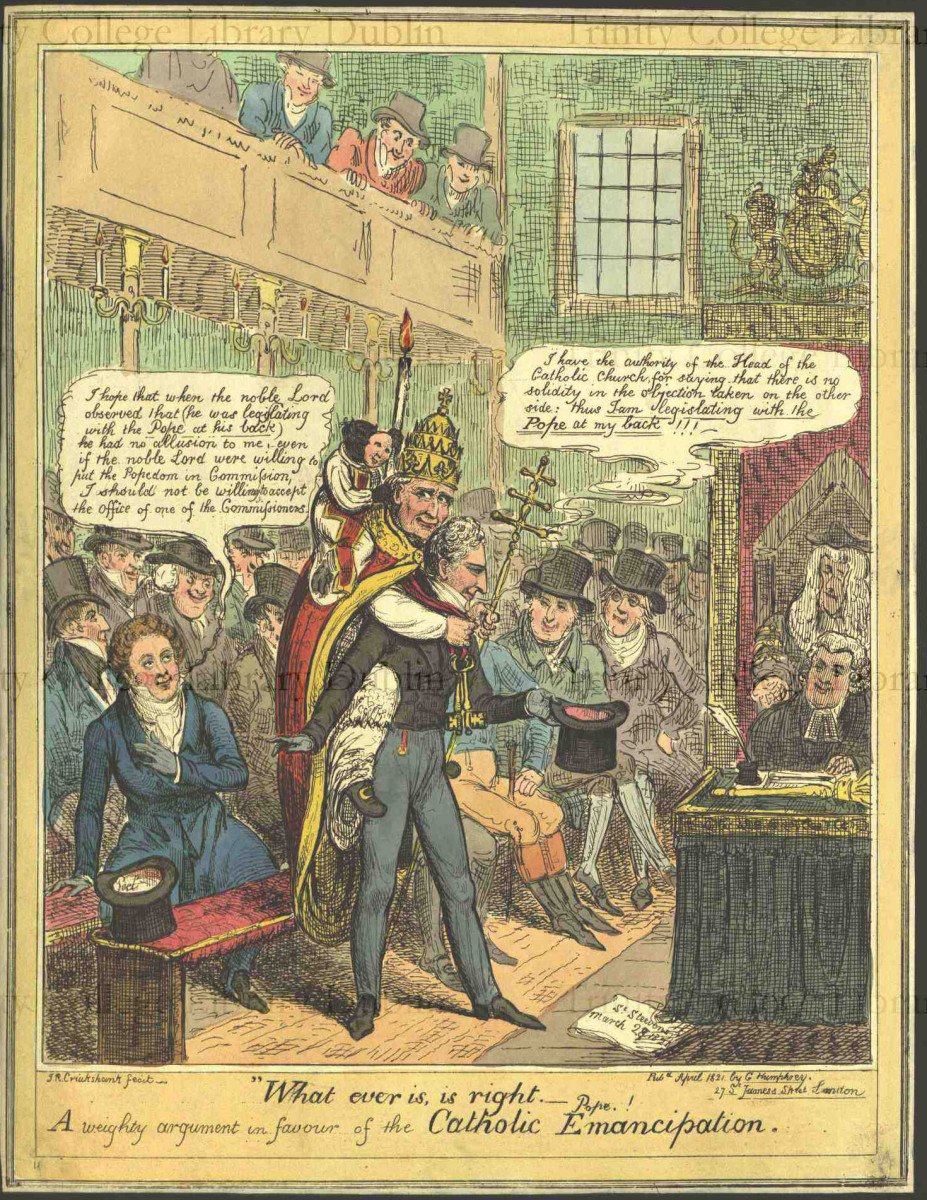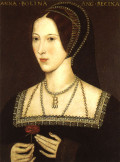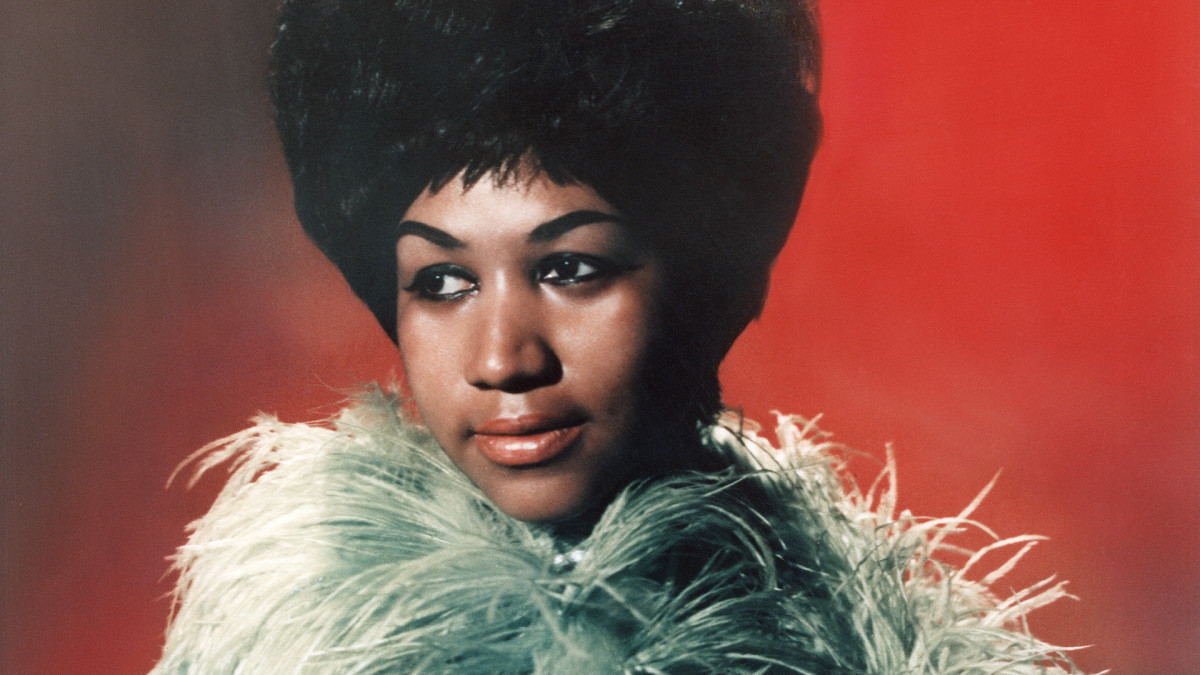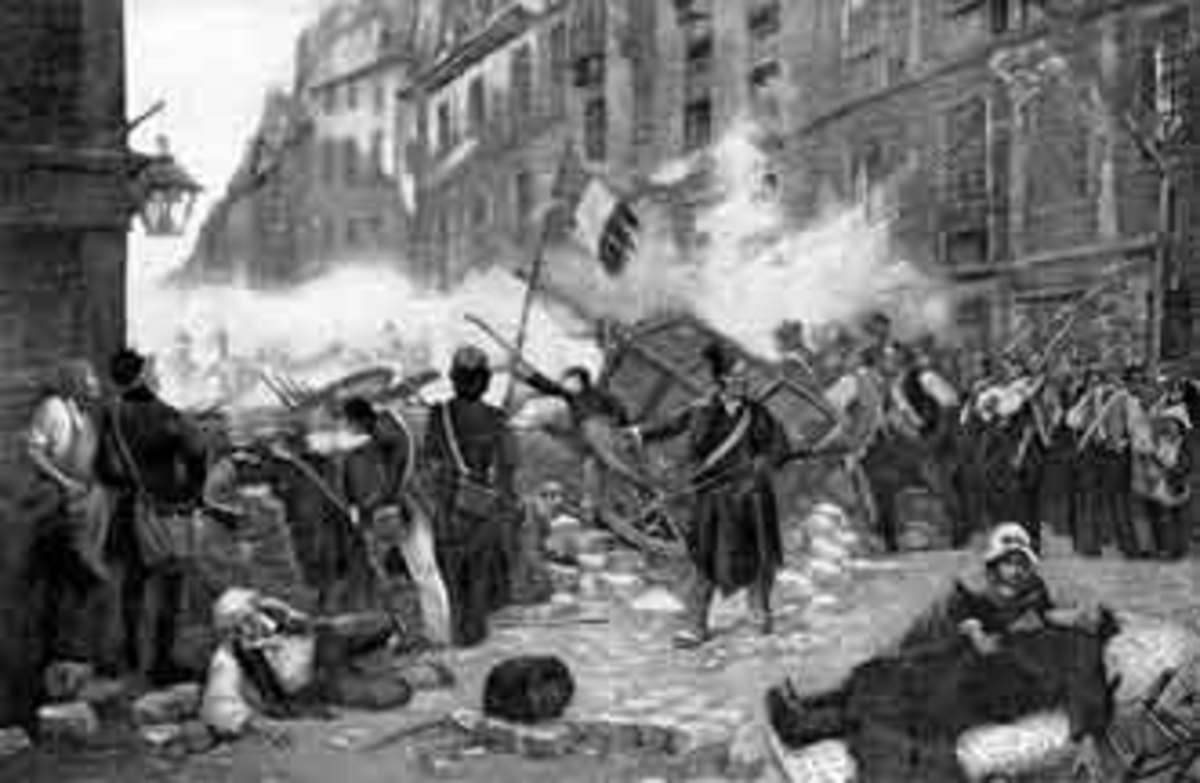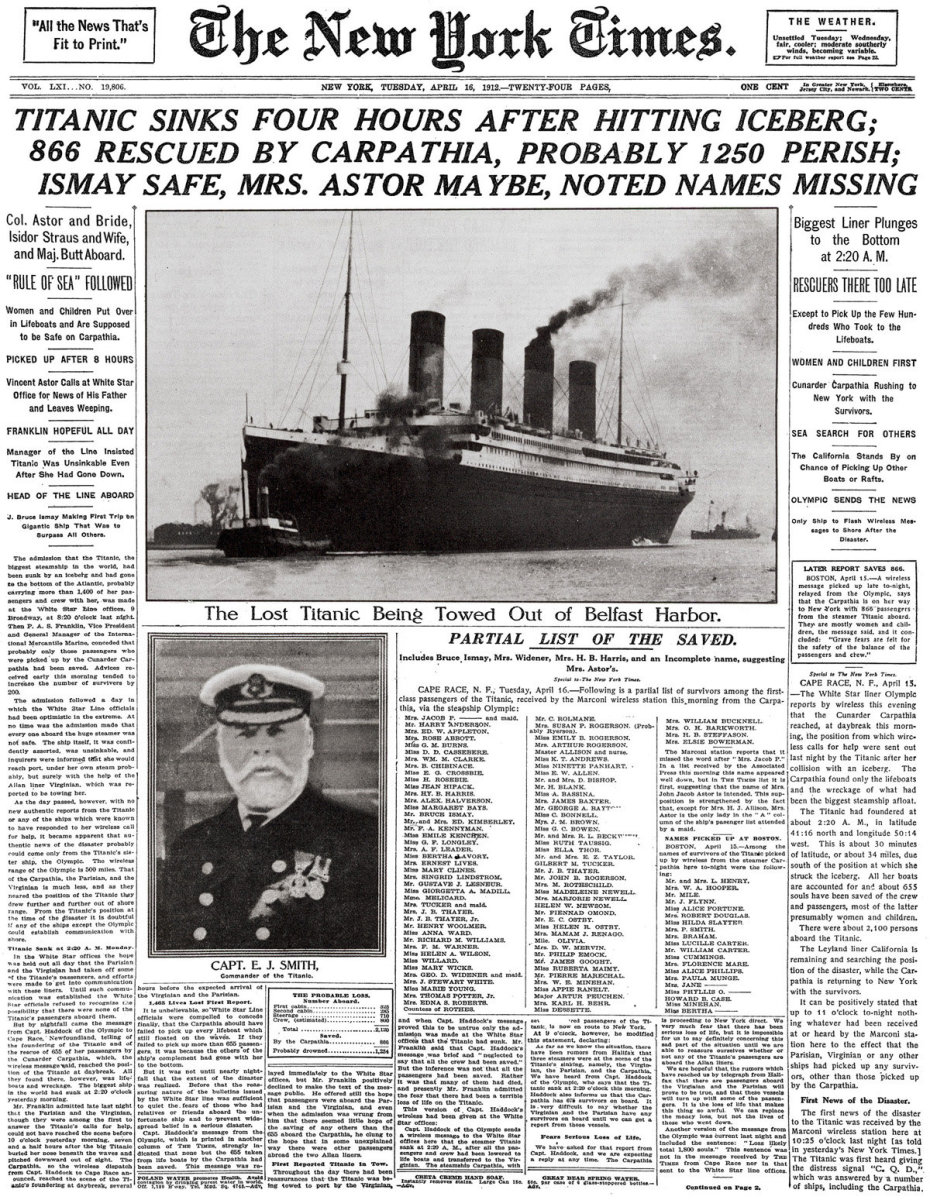The Dozen Most Influential Women in World History
Women often lack opportunity, but the women on this list managed to overcome obstacles and influence history. Some even managed to shake the world.
I think you will find some surprises…
12 Jane Austen (1775-1817), who lived in the south of England, heads the list of the many women who have developed Romance. Romantic art has had a massive impact on society, at first in the West and now around the world. Her novels such as Sense and Sensibility (published in 1811) and Pride and Prejudice (published in 1813) have achieved both popular and academic esteem. Austen described the novel as “only some work in which the greatest powers of the mind are displayed, in which the most thorough knowledge of human nature, the happiest delineation of its varieties, the liveliest effusions of wit and humour, are conveyed to the world in the best-chosen language.” Her works were published anonymously. She almost always eschewed men-only dialogue.
Women like Eleanor of Aquitaine, Heloise, Lady Murasaki (whose The Tale of Genji was inspired by the life of Yang Guifei), Christine de Pisan, the Brontës, Mumtaz Mahal, Dante’s Beatrice, Petrarch’s Laura, and Shakespeare’s nameless Dark Lady all helped nourish the Romance genre.
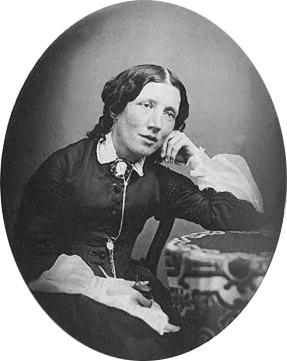
11 Harriet Beecher Stowe (1811-1896) was a member of the prominent Beecher family of abolitionist ministers. Stowe and her husband helped escaped slaves on the Underground Railway. She was incensed by the Fugitive Slave Law of 1850. In 1852 her anti-slavery novel Uncle Tom's Cabin; or, Life Among the Lowly waspublished and became one of the biggest best sellers of all time. Some of the famous characters are: Eliza - who was so desperate to find freedom for herself and her child she risked crossing on foot the partially frozen Ohio River. (Eliza’s crossing was based on a true story.) Simon Legree - a cruel slave-master and a northerner. (Stowe wanted to show the North deserves some of the blame for slavery.) Uncle Tom - the original Tom was a saintly figure nothing like the stage characterizations that inspired the term Uncle Tom. Tom was ultimately martyred, beaten to death by Legree and his servants because Tom refused to betray the whereabouts of two slave women who had escaped. Stowe’s novel turned the public against slavery and was an important factor leading to the election of Lincoln and the Civil War.
Some heroic women abolitionists: Harriet Tubman, Sojourner Truth, the Grimke sisters
10 Marie Skłodowska (1867 -1934) was born in Poland and then moved to Paris, where she attended university and met and married Pierre Curie. She began investigating the mysterious X radiation ofWilhelm Röntgen and Henri Becquerel. Working together with her husband Pierre, she discovered the elements polonium and radium in 1898. Marie Curie’s discoveries led to hugely important developments in medical, agricultural, industrial, energy, and military technology – applications include radiation therapy, X-ray imaging, betavoltaic cells, smoke detectors,radiocarbon dating, nuclear reactors, and atomic bombs. Marie Curie eventually died due to exposure to radiation.
Curie’s family is unique in the history of the Nobel Prize. Marie is one of the very few to earn two Nobel Prizes (the Physics Prize in 1903 and the Chemistry Prize in 1911). Pierre also won the Physics Prize in 1903. Their daughter Irène won the Chemistry Prize in 1935 with her husband Frédéric. The Curies’ other daughter, Ève, was married to Henry Richardson Labouisse, Jr. who collected the Nobel Peace Prize in 1965 on behalf of UNICEF.
9 Margaret Thatcher (1925 – 2013) together with Ronald Reagan and Lech Walesa and John Paul II and Solzhenitsyn and Vaclav Havel and millions of others who desired freedom brought down the giant Soviet Empire. Defeating Communism was one of the great achievements in history and Thatcher played a central role. Communists killed about 94 million people in 72 years. Communist dictators have engineered famines,run vast prison camps, deprived citizens of basic freedoms, and committed mass executions and mass deportations.
Thatcher was the daughter of a grocer. She studied Chemistry at Oxford. Thatcher joined the Conservative Party and served as Prime Minister from 1979 to 1990. She privatized state run businesses and led the United Kingdom during the 1982 Falklands War. She earned the nickname “Iron Lady”. Her resistance to European integration led to her replacement as Conservative Party leader.
See: “The Female of the Species” by Rudyard Kipling
8 Catherine the Great (1729-1796) helped transform Russia into a great power. Catherine was Prussian not Russian. She ingratiated herself with the Russian Empress Elizabeth and married the future Czar Peter III. She came to power in 1762 by deposing Peter. He was later killed (though possibly without her knowledge). Catherine put down many revolts, for example the Pugachev rebellion. Her armies seized territory in the Ukraine. She also participated in the partition of Poland. Catherine has been considered “enlightened”. She corresponded with Voltaire who lauded her as the “Semiramis of Russia” (referring to the legendary Babylonian Queen). Catherine personally held half a million serfs.
7 Aisha (613/614 – 678) has been called Mohammed’s favorite wife. The daughter of Abu Bakr, she was only a child when she married Mohammed, who was in his 50s. They were very close during their 9 years of marriage. Aisha told of a time when the Prophet and she were on a journey. At this time Aisha was young and slender. The Prophet told the people around him: “Go ahead. We will catch you.” When they were left behind he told her: “Let’s race!” They raced and Aisha won. He did not mention it again until she gained some weight. Meanwhile she completely forgot about this incident. During another journey he told the people around him to go ahead. When they went far away, he said to Aisha, “Let’s race!” This time he won and started to laugh saying “we are even now.”
Aisha was an extraordinary woman who has had a huge impact on the development of Islam. She made major contributions to Islamic law and produced many “hadiths", reports of the Prophet’s teachings. She lived for 44 years after the death of Mohammed and in those years she was often consulted regarding Islamic precepts. Aisha was also knowledgeable about medicine and Arabic literature. She is a model for Islamic feminists who note that she criticized the Prophet on occasion and led an army at the Battle of the Camel.
Aisha’s soldiers fought the Battle of the Camel against Ali, the hero for Shi'ites, so she is not viewed favorably within Shi’ism. She fought the battle to avenge the death of Uthman, the 3rd Caliph. The Battle of the Camel was the first internecine conflict within Islam.
Other influential Muslim women: Khadija, Mohammed’s first wife, and her daughterFatimah (Mohammed’s only child)
6 Mary the Blessed Mother The five women discussed below determined the rise and fall of empires, but Mary never got anywhere near thrones or kings. She did, however, give birth to and cared for Jesus – probably the most influential man who ever lived – confirming the adage: the hand that rocks the cradle rules the world. She played a modest role during Jesus’ ministry and in the development of early Christianity. Mary beheld Jesus’ suffering and death on the cross and she was one of the women who witnessed Jesus’ empty tomb.
While Orthodox and Catholic Christians feel especially close to Mary, she is also venerated by many Protestants and Muslims and members of other religions as well. Millions have been devoted to the Blessed Mother: dedicating churches, shrines, hospitals, icons, and universities to “Our Lady”. Some of the most famous Marian apparitions include: Our Lady of Fatima, Our Lady of Guadalupe, and Our Lady of Lourdes.
I originally thought Mary should be higher, but I have to admit that her example of gentleness and humility is not followed by the majority of either men or women.
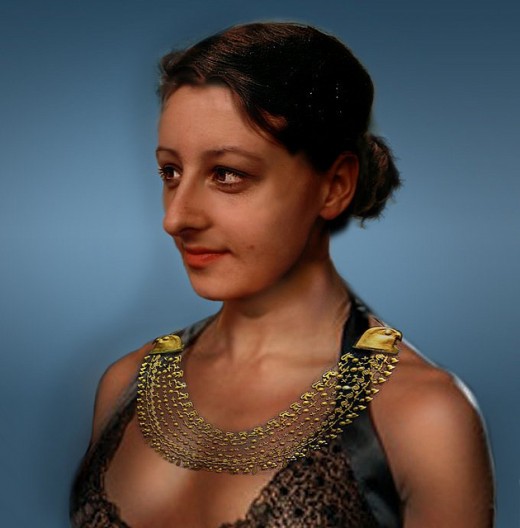
Age cannot wither her, nor custom stale
Her infinite variety. - Shakespeare’s Antony and Cleopatra Act 2 Scene 2
5 Cleopatra (69 BC – 30 BC) and her son Caesarion were the last heirs of Ptolemy, one of Alexander the Great’s generals, to rule Egypt. Her first conquest was Julius Caesar. She smuggled herself into Caesar’s presence in a rolled up carpet. Soon she insinuated herself into Caesar’s affections and won his support in her struggle for the Egyptian throne, which she contested with her brother (also her husband). Cleopatra and Caesar had a son, Caesarion. Her other famous lover was Marc Antony. She staged an astonishing entrance for her date with Antony: Cleopatra arrived “in a barge with a poop of gold, its purple sails billowing in the wind while her rowers caressed the water with oars of silver which dipped in time to the music of the flute accompanied by pipes and lutes. Cleopatra herself reclined beneath a canopy of cloth of gold, dressed in the character of Venus, while on either side of her to complete the picture stood boys costumed as cupids who cooled her with their fans.” Cleopatra became Antony’s wife and then persuaded him to execute her sister. Antony and Cleopatra had three children together. Rome became distrustful of Cleopatra’s growing influence. When Octavian’s army defeated Antony’s forces, Antony and Cleopatra both committed suicide, Cleopatra by the bite of an asp (according to some accounts). Along with Caesarion, she was the last pharaoh to rule Egypt. Egypt was absorbed into the Roman Empire.
Some more influential women of the ancient world: Hatsheput and Livia, the powerful wife of Augustus Caesar
4 Joan of Arc (1412 -1431) was a peasant girl from Domrémy in France. She experienced visions of Saint Margaret, Saint Catherine, and the archangel Michael, which instructed her to come to the aid of the French Dauphin Charles and repel the English invaders. Joan convinced Charles to let her lead his forces. She invigorated the French army and defeated the English invaders, for example when she lifted the siege at Orleans and at the Battle of Patay. Her army took Rheims so that Charles could be anointed king as Charles VII. Later she was captured and sentenced by an English court. The English burnt Joan at the stake. She was canonized a saint in 1920. Joan helped to create an independent and united France.
Everybody seems to admire Joan of Arc - her childlike purity and her heroic valor - liberals and conservatives both, Catholics as well as non-Catholics, everyone from G.B. Shaw to Mark Twain.
Other influential medieval women: Saint Clare, Hroswitha, Saint Catherine of Siena (who persuaded Pope Gregory to return the Papal seat from Avignon to Rome and helped heal the Papal Schism) and the omnicompetent Saint Hildegard of Bingen.
3 Queen Elizabeth I (1533 – 1603) was the daughter of Henry VIII and his second wife, Ann Boleyn. Elizabeth kept the monarchy Protestant. She was an able queen who tried to avoid war, but when attacked by Spain revealed a warrior spirit. Elizabeth: “I know I have the body of a weak and feeble woman; but I have the heart and stomach of a king – and of a King of England too, and think foul scorn that Parma or Spain, or any prince of Europe, should dare to invade the borders of my realm”. The English beat the Spanish Armada in 1588, but the counterattack of the English Armada was in turn beaten in 1589.
Elizabeth presided over England’s Golden Age. Her reign is associated with legendary figures like Walter Raleigh, Francis Drake, Christopher Marlowe, Francis Bacon, Robert Devereux Earl of Essex, Edmund Spenser, and William Shakespeare - many of whom she patronized. At this time English colonies were first established in North America in Virginia (named for Elizabeth, the Virgin Queen). She never married. Elizabeth was the last of the Tudors.
See: Elizabeth I
The 16th century and thereabouts saw so many strong women: Catherine de Medici, Queen Mary I, Mary Queen of Scots, as well as Elizabeth and Isabella. 16th century men of letters like Thomas More and Baldassare Castiglione elevated the status of women.
Another influential English queen: Victoria, the “Grandmother of Europe”, who was gifted with a long reign (63 years) and nine children. Her descendants include Wilhelm II of Germany (eldest grandchild), the Tsarina Alexandra (granddaughter) & the Tsarevich Alexei (great-grandson), and the British ruling family.
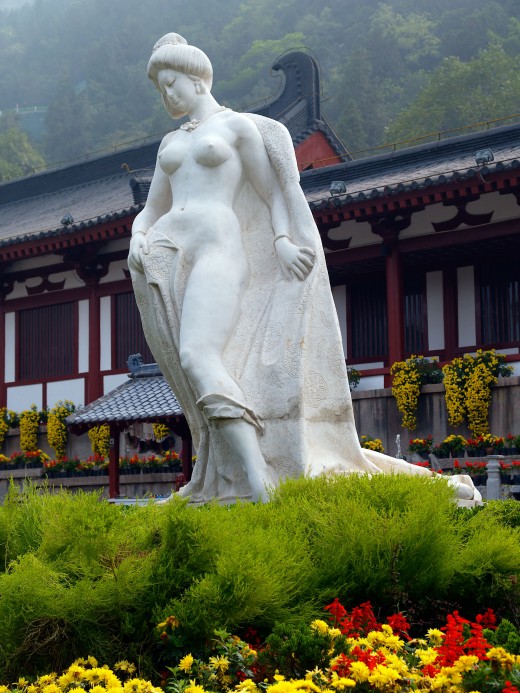
2 Yang Yuhuan, (719 - 756) known as Yang Guifei (Consort Yang), was one of the Four Beauties of China. She was one of those enchanting women who lures nations and dynasties to ruin. (Helen of Troy and Marie Antoinette are other possible examples.) Yang Guifei was the beloved consort of Emperor Xuanzong of the Tang dynasty. He favored her family with many honors, inciting jealousy. He ordered couriers to race hundreds of miles from the south of China to bring her lychee fruit. The Emperor dallied with Yang Guifei and ignored business. She can be blamed in part for the An Shi Rebellion led by An Lushan which left millions dead and almost destroyed the Tang dynasty. She was killed at the insistence of Xuanzong’s guards who were enraged at the role Yang Guifei and her family played in causing the rebellion.
Bai Juyi wrote a famous poem about the love affair, “Lament of Endless Grief”. Here is an excerpt:
Her hair like a cloud, her face like a flower,
A gold hair-pin adorning her tresses.
Behind the warm lotus-flower curtain,
They took their pleasures in the spring night.
Regretting only the spring nights were too short;
Rising only when the sun was high;
He stopped attending court sessions
In the early morning.
More powerful Chinese women: Wu Zetian, Cixi, Xi Shi.
1 Queen Isabella I of Castile (1451 -1504) is certainly the most influential woman who ever lived. Her marriage to Ferdinand II of Aragon created Spain. She helped build this new nation into a world power. Her reign saw the completion of the Reconquista, the Muslims were finally driven from the Iberian Peninsula after centuries of struggle. Most significant, Isabella & Ferdinand backed Christopher Columbus’ momentous voyages of discovery. The resulting biological exchange between old world and new brought horses and cattle and wheat to America, corn and tobacco and chocolate to Europe, potatoes to Ireland, tomatoes to Italy, etc. Tragically, diseases were exchanged as well. Millions of Native Americans died of old world diseases like smallpox and measles accidentally introduced by Europeans. Syphilis in return was possibly introduced to Europe. Iberian and Native American and African cultures mixed to produce a new Latin American culture. Isabella defended Native American rights. Golden Age Spain has received unjustified criticism due to anti-Hispanic prejudice.
Isabella also unintentionally altered the course of history. She arranged for the marriage between her daughter Catherine and Henry VIII of England which led eventually to the separation of the Church of England from the Roman Catholic Church. England, which assembled one of the largest empires and influenced many nations, was changed considerably.
This list is too short! I would have liked to include women like Sacajawea, the Queen of Sheba, Corazon Aquino, Samyukta, Nur Jahan, Liliuokalani, Rosa Parks, Emmeline Pankhurst, Lucretia Mott, Susan B. Anthony, Willa Cather, G. E. M. Anscombe (perhaps the most distinguished woman philosopher), Mary Shelley, Flannery O’Connor, Abigail Adams, Ella Fitzgerald, Audrey Hepburn, Elizabeth Arden, Madam C. J. Walker, Nadia Comaneci, Mary Cassatt, Mother Theresa, Florence Nightingale, the Swedish nightingale (Jenny Lind), Eve, and many others - but there’s no room.
See also:
Book of the City of Ladies by Christine de Pisan
Concerning Famous Women by Boccaccio
